Genre : "kind" or "sort" is any form or type of communication in any mode (written, spoken, digital, artistic, etc.) with socially-agreed upon conventions developed over time. Genre is most popularly known as a category of literature, music, or other forms of art or entertainment, whether written or spoken, audio or visual, based on some set of stylistic criteria, yet genres can be aesthetic, rhetorical, communicative, or functional. Genres form by conventions that change over time as new genres are invented and the use of old ones is discontinued. Stand alone texts, works, or pieces of communication may have individual styles. Some genres may be rigid with strictly adhered to guidelines while others may be very flexible.
Genre began as an absolute classification system for ancient Greek literature. Poetry, prose, and performance each had a specific and calculated style that related to the theme of the story.
- Fiction
Fiction is the classification for any story or similar work derived from imagination—in other words, not based strictly on history or fact. Fiction can be expressed in a variety of formats, including writings, live performances, films, television programs, animations,video games, and role-playing games, though the term originally and most commonly refers to the narrative forms of literature, including the novel, novella, short story, and play. Fiction does not refer to a specific mode or genre, unless used in its narrowest sense to mean a "literary narrative". Fiction is traditionally regarded as the opposite of non-fiction, whose creators assume responsibility for presenting only the historical and factual truth; however, the distinction between fiction and non-fiction can be blurred, for example, in postmodern literature.

- Drama
Drama is the specific mode of fiction represented in performance. The two masks associated with drama represent the traditional generic division between comedy and tragedy. They are symbols of the ancient Greek Muses, Thalia, and Melpomene. Thalia was the Muse of comedy (the laughing face), while Melpomene was the Muse of tragedy (the weeping face). Considered as a genre of poetry in general, the dramatic mode has been contrasted with the epic and the lyrical modes ever since Aristotle's Poetics (c. 335 BCE)—the earliest work of dramatic theory.
In English, the word "play" or "game" was the standard term used to describe drama until William Shakespeare's time—just as its creator was a "play-maker" rather than a "dramatist" and the building was a "play-house" rather than a "theatre." The use of "drama" in a more narrow sense to designate a specific typeof play dates from the modern era. "Drama" in this sense refers to a play that is neither a comedy nor a tragedy. It is this narrower sense that the film and television industries, along with film studies, adopted to describe "drama" as a genre within their respective media.
- Folklore
Folklore is the body of expressive culture shared by a particular group of people; it encompasses the traditions common to that culture, subculture or group. These include oral traditions such as tales, proverbs and jokes. They include material culture, ranging from traditional building styles to handmade toys common to the group. Folklore also include scustomary lore, the forms and rituals of celebrations such as Christmas and weddings, folk dances and initiation rites. Each one of these, either singly or in combination, is considered a folklore artifact. Just as essential as the form, folklore also encompasses the transmission of these artifacts from one region to another or from one generation to the next. For folklore is not taught in a formal school curriculum or studied in the fine arts. Instead these traditions are passed along informally from one individual to another either through verbal instruction or demonstration. The academic study of folklore is called folkloristics.

- Poetry
Poetry is a form of literature that uses aesthetic and rhythmic qualities of language—such as phonaesthetics, sound symbolism, and metre—to evoke meanings in addition to, or in place of, the prosaic ostensible meaning.
Poetry has a long history. Ancient attempts to define poetry, such as Aristotle's Poetics, focused on the uses of speech in rhetoric, drama, song andcomedy. Later attempts concentrated on features such as repetition, verse form and rhyme, and emphasized the aesthetics which distinguish poetry from more objectively informative, prosaic forms of writing. From the mid-20th century, poetry has sometimes been more generally regarded as a fundamental creative act employing language.
The use of ambiguity, symbolism, irony and other stylistic elements of poetic diction often leaves a poem open to multiple interpretations. Similarly figures of speech such as metaphor, simile and metonymy create a resonance between otherwise disparate images—a layering of meanings, forming connections previously not perceived.
PLOT (Narrative)
Plot refers to the sequence of events inside a story which affect other events through the principle of cause and effect. The causal events of a plot can be thought of as a series of sentences linked by "and so". Plots can vary from simple structures such as in a traditional ballad to complex interwoven structures sometimes referred to as an imbroglio. The term plot can serve as a verb and refer to a character planning future actions in the story.
In the narrative sense, the term highlights the important points which have important consequences within the story, according to Ansen Dibell. The term is similar in meaning to the term storyline.
Exposition
Narrative exposition is the insertion of important background information within a story. For example, inforation about the setting, characters' backstories, prior plot events, historical context, etc. Exposition is one of four rhetorical modes (also known as modes of discourse), along with description, argumentation, and narration.
Conflict
Conflict refers to some form of friction, disagreement, or discord arising within a group when the beliefs or actions of one or more members of the group are either resisted by or unacceptable to one or more members of another group. Conflict can arise between members of the same group, known as intragroup conflict, or it can occur between members of two or more groups, and involve violence, interpersonal discord, and psychological tension, known as intergroup conflict.
Rising Action
In the rising action, a series of events build toward the point of greatest interest. The rising action of a story is the series of events that begin immediately after the exposition (introduction) of the story and builds up to the climax. These events are generally the most important parts of the story since the entire plot depends on them to set up the climax and ultimately the satisfactory resolution of the story itself.
Climax
The climax is the turning point, which changes the protagonist’s fate. If the story is a comedy and things were going bad for the protagonist, the plot will begin to unfold in his or her favor, often requiring the protagonist to draw on hidden inner strengths. If the story is a tragedy, the opposite state of affairs will ensue, with things going from good to bad for the protagonist, often revealing the protagonist's hidden weaknesses.
Falling Action
During the falling action, the conflict between the protagonist and the antagonist unravels, with the protagonist winning or losing against the antagonist. The falling action may contain a moment of final suspense, in which the final outcome of the conflict is in doubt.
Resolution
In this phase the protagonist and antagonist have solved their problems and either the protagonist or antagonist wins the conflict. The conflict officially ends. Some stories show what happens to the characters after the conflict ends or they show what happens to the characters in the future.
Rhyme Scheme
A rhyme scheme is the pattern of rhymes at the end of each line of a poem or song. It is usually referred to by using letters to indicate which lines rhyme; lines designated with the same letter all rhyme with each other.
Rhyme scheme is an integral part of the constitution of a poem, which includes meter, length of phrase, and rhythm. In fact, rhyme scheme, like other writing tools, is used to create balance and relieve tension, manage flow, create rhythm, and highlight important ideas. Its basic function is to form units of sound and suggest units of sense. It also communicates the idea in a more effective way.
Shakespearean Sonnet 18
Shall I compare thee to a summer's day?
Thou art more lovely and more temperate:
Rough winds do shake the darling buds of May,
And summer's lease hath all too short a date:
Sometime too hot the eye of heaven shines,
And often is his gold complexion dimm'd;
And every fair from fair sometime declines,
By chance, or nature's changing course, untrimm'd;
But thy eternal summer shall not fade
Nor lose possession of that fair thou ow'st;
Nor shall Death brag thou wander'st in his shade,
When in eternal lines to time thou grow'st;
So long as men can breathe or eyes can see,
So long lives this, and this gives life to thee.
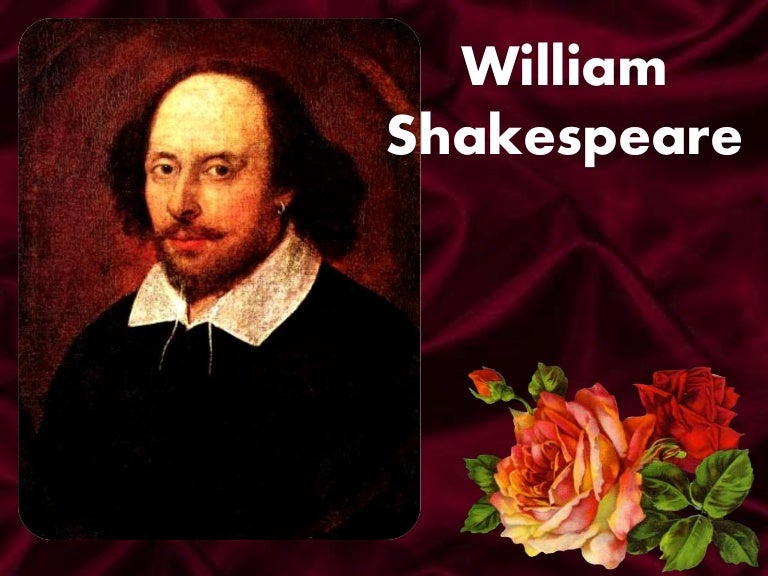
LYRICS
Lyrics are words that make up a song usually consisting of verses and choruses. The writer of lyrics is a lyricist. The meaning of lyrics can either be explicit or implicit. Some lyrics are abstract, almost unintelligible, and, in such cases, their explication emphasizes form, articulation, meter, and symmetry of expression. Rappers can also create lyrics that are meant to be spoken rhythmically rather than sung.
** Prefix, Suffix, Root **
-cracy : Government, rule
*Psephocracy : Government by ballot-elected representatives; representative democracy. Often contrasted with democracy, with which it is unfavourably compared for its lack of demotic participation in the political process outside of elections.
> -pathy : a combining form occurring in loanwords from Greek, where it meant “suffering,” “feeling” in compound words ofmodern formation, often used with the meaning “disease” ( arthropathy; deuteropathy; neuropathy; psychopathy).
*Telepathy : Telepathy meaning "feeling, perception, passion,affliction, experience" is the purported transmission of information from one person to another without using any of our known sensory channels or physical interaction.

*Allopathy : The term is also used by homeopaths and proponents of other forms of alternative medicine to refer to mainstream medical use of pharmacologically active agents or physical interventions to treat or suppress symptoms or pathophysiologic processes of diseases or conditions. The expression "allopathic medicine" is still used to refer to "the broad category of medical practice that is sometimes called Western medicine, biomedicine, evidence-based medicine or "modern medicine"
> Chrono : Before vowels chron-, word-forming element meaning "time," from Latinized form of Greek khrono-, comb. form of khronos "time, a defined time, alifetime, a season, a while," which is of uncertain origin.
*Chronological : Chronology is the science of arranging events in their order of occurrence in time. Consider, for example, the use of a timeline or sequence of events. It is also "the determination of the actual temporal sequence of past events".

*Chronograph : A chronograph is a specific type of watch that is used as a stopwatch combined with a display watch. A basic chronograph has an independent sweep second hand; it can be started, stopped, and returned to zero by successive pressure on the stem. Less simple chronographs use additional complications and can have multiple independent hands to measure seconds, minutes, hours and even tenths of a second.
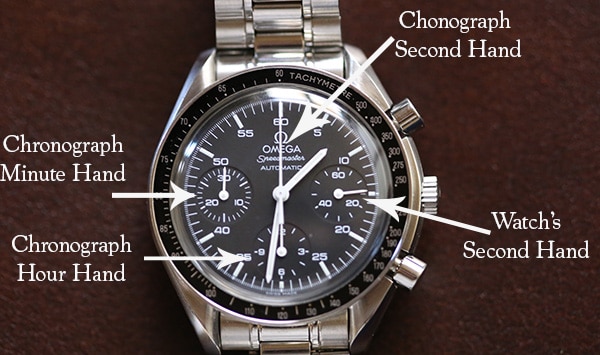
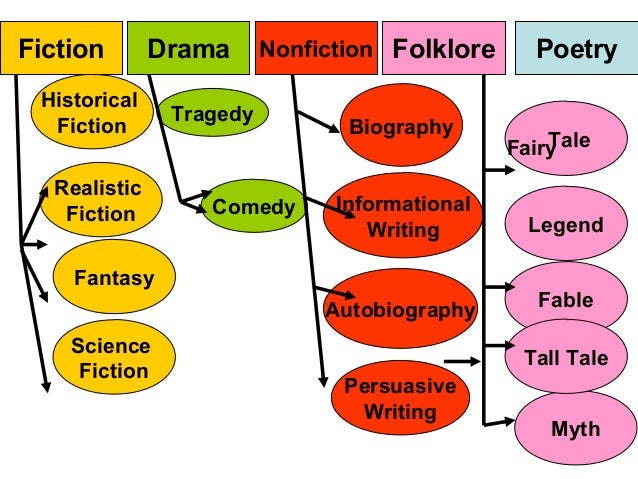
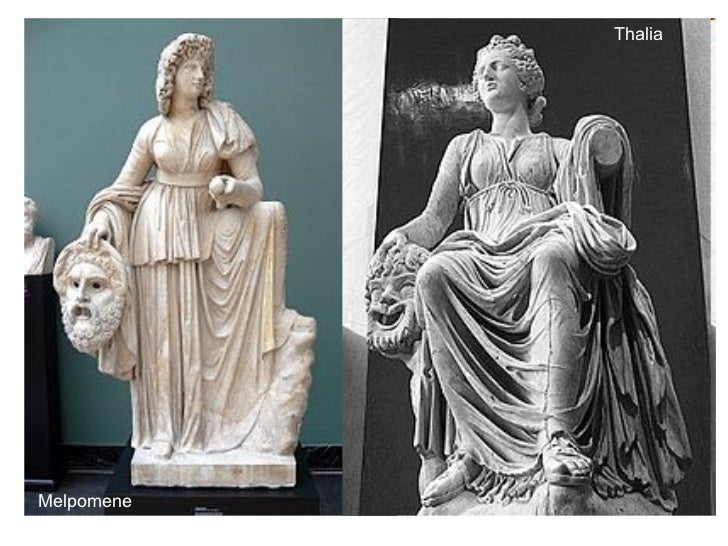
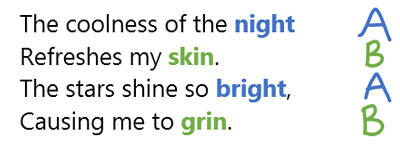
No comments:
Post a Comment